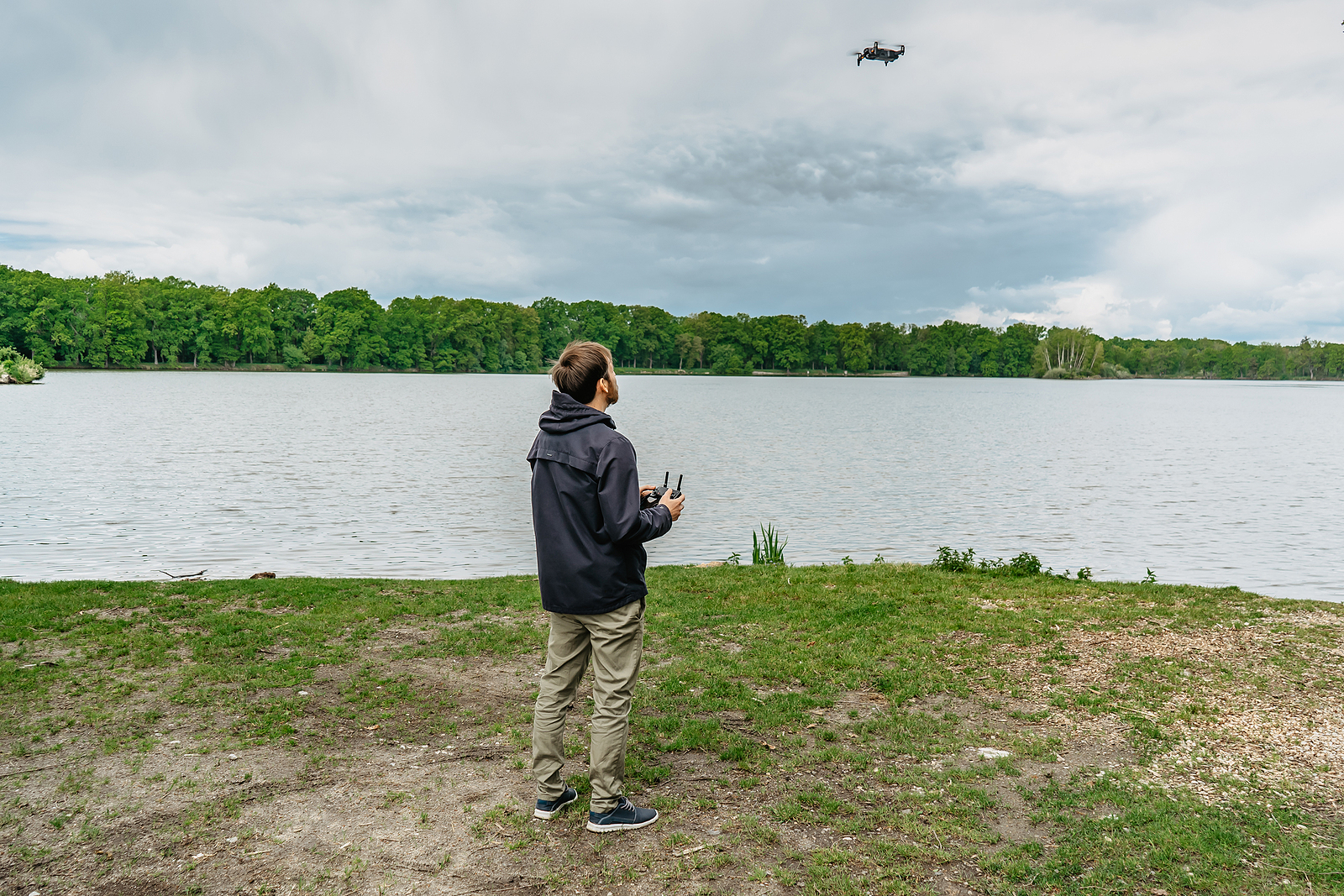It is estimated that millions of drones were sold in the U.S. in 2015 as more people find benefits from uses, including recreational, agricultural, commercial, governmental and more. However, there are concerns about drones and the unintended use of the technology involving personal safety, privacy, security, illegal activity and constitutional rights issues.
The Federal Aviation Administration (FAA) is the primary decision-making authority regarding aircraft, including drones, and has jurisdiction over our nation’s airspace. The FAA desires a national navigable airspace that is free from inconsistent state and local restrictions. While many cities in Iowa are considering enacting rules to regulate the use of drones in their jurisdictions, it is important to consult the FAA prior to passing an ordinance or resolution in order to avoid any conflicts. It is also important to know how to encourage the legal and appropriate use of drones to the benefit of your community, the state and all citizens.
Please visit the FAA’s website for the latest federal rules on drones and requirements for operator registration.
Drones Defined
The drones popular today with the general public are typically recreational, radio-controlled flying machines often equipped with small cameras. They are frequently operated in conjunction with a cell phone or tablet. Drones vary greatly in size and can be as large as a full-sized plane or as small as an insect.
Although they are most commonly called drones, the FAA defines drones as unmanned aerial systems (UAS), unmanned aircraft systems (UAS), radio controlled aircraft (RC) and unmanned aerial vehicles (UAV).The common factor connecting all drones is that they are built to operate with no pilot onboard and their flight is controlled outside of the flying device. As the cost of drones continues to become more affordable their popularity soars.
The Federal Aviation Administration
Drones are considered aircraft by federal law and fall under the jurisdiction of the FAA. The FAA is greatly concerned with state and local governments creating substantial air safety issues by crafting their own rules which interfere with existing FAA rules and regulations.
To assist drone users in using the technology the FAA has divided drone usage into three categories, each with their own distinct rules and responsibilities. These three categories include: Public Operations (Governmental), Civil Operations (Non-Governmental), and Model Aircraft (Hobby or Recreation only). As the use of drones grows in each category, the FAA has been tasked with keeping up with the advancing technology, requested uses, types of users, user conflicts, public concerns, privacy issues, lack of a consistent public policy and more. Regulations recently released by the FAA focus on recreational users and model aircraft and are a different set of regulations than those which pertain to commercial users. FAA policy is continually evolving and racing to keep pace with the exponential growth of drone use and the different types of users as well.
The FAA relies on state, county and local law enforcement agencies to report drone operators who fail to abide by current FAA rules and regulations. In a press release the FAA stated, “State and local Law Enforcement Agencies (LEA) are often in the best position to deter, detect, immediately investigate and, as appropriate, pursue enforcement actions to stop unauthorized UAS operations.” State, county and local law enforcement officers in Iowa and throughout the nation are guaranteed to see a steady rise of drone complaints in the near future, and the FAA has many resources available to assist law enforcement officers.
Appropriate Usage
Cities are finding appropriate ways of integrating drones into their city operations. Nationally, approximately 18,000 law enforcement agencies and 30,000 fire departments could use drones for a variety of public safety purposes. Law enforcement officers could use drones to enhance training exercises or to monitor dangerous police operations, allowing them to safely survey a situation from overhead. They could be used by fire departments to monitor fire scenes. Also, sophisticated cameras could be mounted on drones to allow emergency responders to use them for search and rescue operations. For example, the Fort Dodge Police Department used the assistance of a drone operator in 2015 to help look for a couple of lost children that were possibly near the Des Moines River. It is likely this type of use will increase across the country as the technology advances and costs decline.
Drones can be used by other city departments in a variety of ways as well. The city of Parkersburg used a drone to survey a sports complex project site and to inspect the 2008 tornado damage path and recovery of the city. The city of Ames used a drone to document progress of the construction of its new water treatment plant. The city also used a drone to fly over the top of a water tower to inspect antennae and has incorporated drone footage into educational videos. The city of Perry used a drone while performing a “smoke” test of their sanitary sewer system. City officials were able to inspect possible points of infiltration and illegal interconnections, which would otherwise not have been possible. Perry has also partnered with a local videographer and drone pilot to produce a public outreach video for their public works department.
Your Own Public Policy
It is important for mayors, city councils and city departments to be aware of the federal and state rules that restrict the use of drone technology by governmental agencies, now and in the future. As more and more cities consider purchasing a drone for government use it is necessary to first adopt a public use policy, and cities should contact their insurance carrier to make sure their policy covers the use of drones. Leading by example, cities should be proactive and promote the legal and appropriate use of drone technology in your local newspaper or by sponsoring a local workshop.
Content provided by Chris Luhring, Adam Bates, Susan Gwiasda, Sven Peterson and Jeff Sundholm, who researched the topic of drones in Drake University’s Master of Public Administration program.






